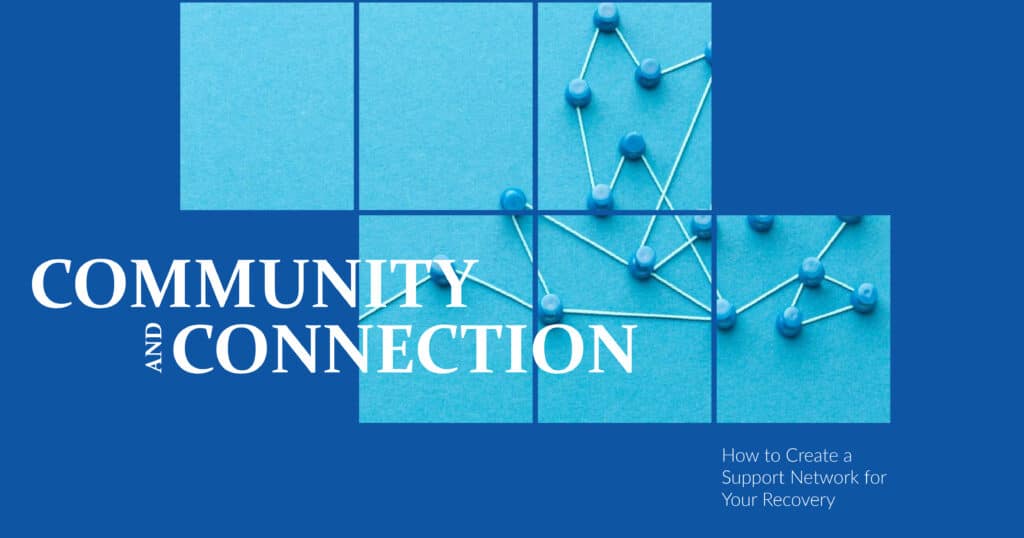
Recovery is a unique and personal journey that requires strength, perseverance, and the support of others. Building a reliable support network plays a critical role in the recovery process, offering individuals a sense of belonging and understanding amidst their struggles. Whether you are recovering from addiction, mental health challenges, or any other life-altering experience, having a network of supportive individuals can significantly enhance your journey to healing.
The Importance of a Support Network in Recovery
Silicon Valley Recovery Center
Encouragement and Motivation
A support network provides the encouragement and motivation needed during challenging times. Surrounding yourself with individuals who understand the difficulties you face can offer invaluable support, inspiring you to stay committed to your recovery goals.
Guidance and Advice
Connecting with others who have experienced similar challenges can provide valuable insights and guidance. Members of a support network often offer advice based on their own experiences, helping you navigate obstacles and make informed decisions along your recovery journey.
Accountability
Being part of a support network creates a sense of accountability. Knowing that others are invested in your recovery can serve as a powerful motivator to stay committed and focused on your goals.
Emotional Support
Recovery can be an emotional roller coaster, and having a support network means you have someone to lean on during difficult times. Sharing your emotions and experiences with individuals who genuinely understand can alleviate feelings of loneliness and provide a sense of comfort and validation.
Strategies to Build Your Support Network
1. Seek Professional Help
Start by seeking professional help from therapists, counselors, or support group leaders. These experts can provide invaluable guidance, resources, and mentorship. They can also help connect you with other individuals who are on a similar recovery path.
Silicon Valley Recovery Center
2. Attend Support Groups
Join local support groups or online communities that cater to your specific recovery needs. Organizations like Alcoholics Anonymous, Narcotics Anonymous, and Mental Health America offer support groups where individuals can share their experiences, learn from others, and build meaningful connections.
3. Engage in Peer Support Programs
Seek out peer support programs that match you with someone who has successfully navigated through similar challenges. These programs provide a one-on-one connection, offering the opportunity to gain insights, share experiences, and receive personalized support from someone who understands the journey firsthand.
4. Connect through Online Platforms and Social Media
Embrace the power of technology and connect with others through online platforms and social media. There are numerous online communities, forums, and social media groups dedicated to recovery and mental health. Engaging with these platforms allows you to connect with individuals from anywhere in the world, finding common ground and support in the digital space.
5. Engage in Recreational or Hobby Groups
Explore recreational or hobby groups that align with your interests. Engaging in activities you enjoy not only provides a sense of purpose and fulfillment but also allows you to meet like-minded individuals who share similar passions. These connections can evolve into meaningful support networks, providing encouragement and understanding throughout your recovery journey.
FAQs
How do I find the right support group for my needs?
Finding the right support group may require some exploration and trial and error. Consider your specific recovery goals, preferences for in-person or online support, and the type of community you resonate with. Reach out to local mental health organizations or conduct online research to find groups that align with your needs.
What if I’m uncomfortable sharing my struggles with others?
Sharing personal struggles can be challenging, especially in the early stages of recovery. Start by connecting with a trusted professional or a close friend or family member who can provide support. As you build trust and confidence, gradually open up to others in supportive environments such as support groups or peer programs.
What is the most common support group for addicts?
The most common support group for addicts is Alcoholics Anonymous (AA). It offers a 12-step program designed to help individuals maintain sobriety. AA meetings provide a supportive environment where members can share experiences and offer encouragement. The program emphasizes anonymity and personal accountability, fostering a community that aids in recovery.
Who can start a support group?
Anyone with a genuine interest in helping others and some knowledge or experience in the group’s focus area can start a support group. It’s important to have empathy, good listening skills, and the ability to facilitate discussions. Having a structured plan and a clear objective for the support group will also be beneficial.
Silicon Valley Recovery Center
Conclusion
Building a support network is a powerful step towards strengthening your recovery journey. Connecting with individuals who understand your struggles and can offer encouragement, guidance, and empathy can provide the foundation for lasting healing and growth. Remember, you are not alone on this path, and reaching out to others opens doors for support, understanding, and resilience.
We encourage you to explore various avenues to find your support network and embrace the power of connection on your journey to recovery.


